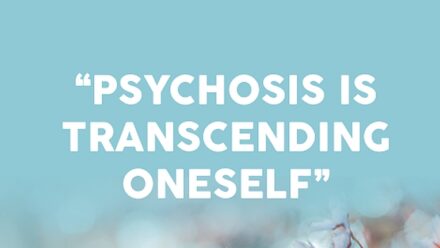
Hey May-May! What I think is that the ability to believe is precisely what makes us human. For me that is the miracle of God. Continuation of this blog and this blog.
I guess like all other people, I am looking for a way to believe in something. Something that makes life special, gives it meaning. That’s how I ended up – at least I think so – in healthcare and science, where one can make a difference. Every day, little things happen that make you keep believing things are going somewhere.
An encounter, a conversation, a strange finding, an understanding, a beautiful graph, a denouement, a touch, a conflict that resolves itself. So a little more diffuse and abstract than the focus of your belief, but nonetheless a belief that there is a direction to follow, that gives access to meaning. And when you feel that meaning, sometimes so strongly that it’s against the transcendent, can you call it divine?
Is this concept of the miracle of God an answer to your question?
Aren’t we all driven by our faith – some more consciously than others? Isn’t that what unites people, no matter what words we use for it?
I may not answer all of your questions in detail, but I do think this is a reflection that can address most of your questions.
A few more things in response to the more specific ones:
I find the issue of listening to God inspiring. It reminds me of the story of the chef of a famous restaurant, who told a program on RTL5 (a Dutch TV channel), about the voices in his head that gave him advice at night, about what he should serve the next day. For him, this was an important source of inspiration. In other words, people can consult sources that are outside of the mainstream consciousness. Not everyone has these – but apparently they can be part of the human repertoire.
By the way
the ability to believe also makes us vulnerable – the other side of the coin. Our feelings can sometimes make us believe things with such force and conviction that it makes other people frown, and think we are wrong. What can help then is calibration: talking to other people so that your beliefs are tested and can be adjusted. I also do this with some regularity, by the way. Sometimes I get so nervous, when I give a lecture, that I think everyone in the room is bored. But when I talk to people afterwards it turns out not to be so bad and I realise that the nerves showed me a distorted world. Another lesson learned.
Greetz Jim





Comments: